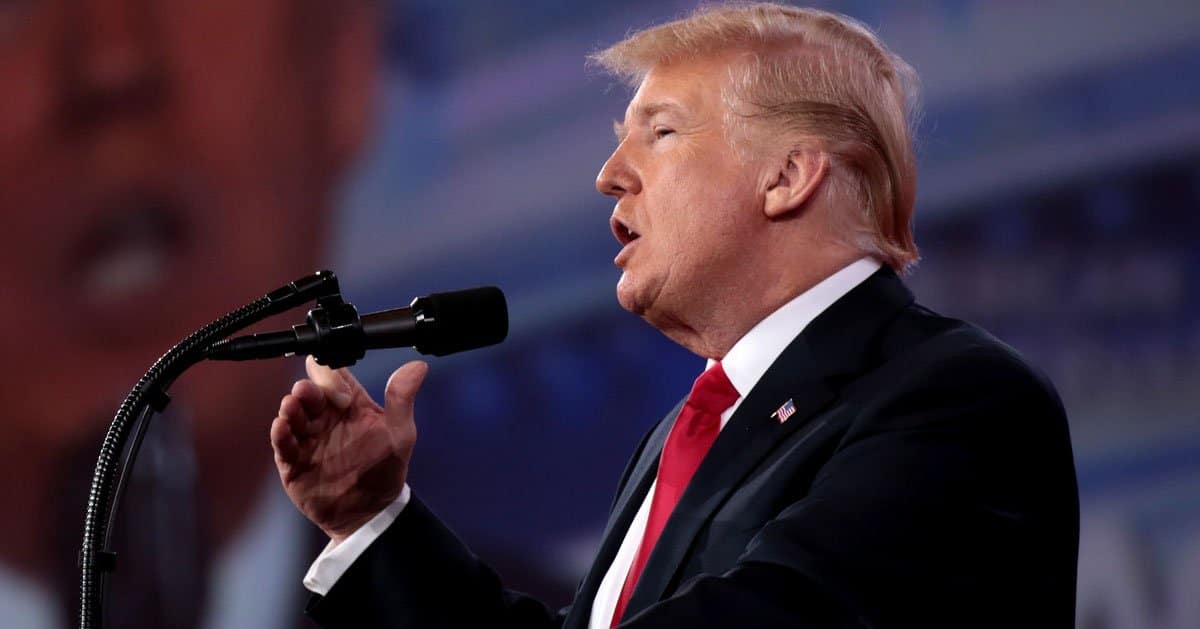






A recent hack of the Trump campaign has stirred debates about media ethics, as major news outlets have chosen not to extensively cover the leaked emails.
This decision stands in stark contrast to the widespread coverage of Hillary Clinton's leaked emails in 2016, highlighting a shift in how media handles such breaches. The media's approach to covering the Trump campaign hack differs significantly from the coverage seen during the 2016 election.
The Los Angeles Times reported that in 2016, emails from Hillary Clinton’s campaign were leaked just before the election, leading to extensive media scrutiny.
The WikiLeaks dump included a range of correspondences, from policy discussions to personal comments, and even recipes. These leaks became a focal point in the final weeks of Clinton’s campaign, forcing her to defend herself against the content revealed.
This month, the Trump campaign experienced a similar breach, with emails leaked to the press. However, major media outlets like The New York Times, Politico, and The Washington Post did not publish the Trump emails, despite the leak becoming public knowledge.
The public revelation of the hack came from Trump’s campaign spokesman on a Saturday, but the reasons behind the non-publication by these outlets remain unclear.
Speculation has arisen regarding the media's silence, with some suggesting that lessons learned from the 2016 election may have influenced this decision.
Others believe that accusations of hypocrisy might play a role. In 2016, Russia's hacking efforts were widely believed to have impacted the election outcome, leading to intense scrutiny and coverage of the leaked materials.
Hillary Clinton faced intense pressure to explain the leaked communications during the last month of her campaign. The extensive coverage of her emails played a significant role in the election narrative. However, in the case of the recent Trump campaign hack, news organizations appear to be more cautious in their approach to publishing leaked materials.
The Washington Post suggested that news organizations are now more deliberate in their decision-making processes when it comes to publishing hacked documents.
Matt Murray, executive editor of the Post, noted that news organizations are "taking a deep breath and pausing" to consider the motives behind the leaks and whether the content is truly newsworthy.
The New York Times defended its decision not to publish the Trump emails by pointing to the nature of the content. The leaked documents included research about and assessments of potential vice-presidential nominees, such as Senator JD Vance, whom Trump ultimately selected.
These documents, like many vetting materials, contained past statements that could be embarrassing or damaging, but the Times decided that this did not warrant publication.
Politico, on the other hand, chose to focus on the mechanics of the Trump campaign leak rather than the content of the emails. According to Politico spokesperson Brad Dayspring, editors weighed the origins of the documents and concluded that how they were leaked was more newsworthy than the material itself.
The public reaction to the media's handling of the Trump campaign hack has been mixed.
Neera Tanden, a political figure, criticized the media for what she perceives as a double standard. Tanden questioned whether news outlets now admit they were wrong in 2016 or if the rule is that hacked materials are only used when they harm Democrats.
Tanden further argued that the manner of the hacking in 2016 was used as a justification for covering what she describes as a "Russian psyop." She dismissed this as a rationalization rather than a valid reason.
The Trump campaign has also weighed in on the issue, with spokesman Steven Cheung condemning any media outlet that reprints the leaked documents. Cheung accused such outlets of doing the bidding of America's enemies and acting in line with their desires.
In a related context, it's worth recalling that in July 2016, Donald Trump publicly encouraged Russia to hack Clinton’s emails, a statement that garnered significant attention and controversy at the time. Trump later criticized the media for what he saw as insufficient coverage of the information provided by WikiLeaks.
Amidst these developments, the FBI is investigating claims that Iran is behind the recent Trump campaign breach. The investigation also includes attempted hacks of the Biden-Harris campaign servers, raising concerns about foreign interference in the current election cycle.

